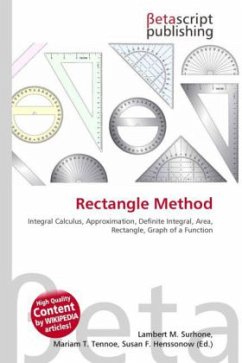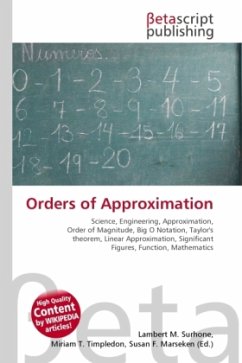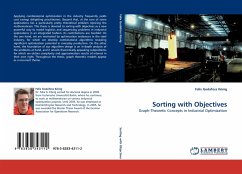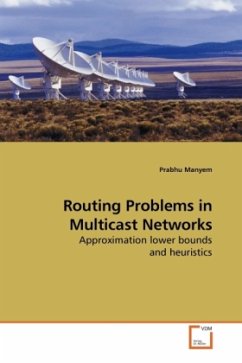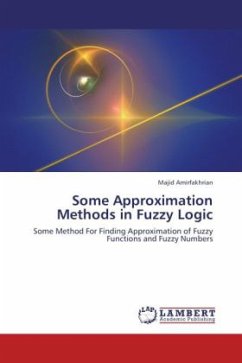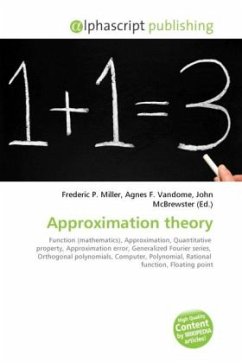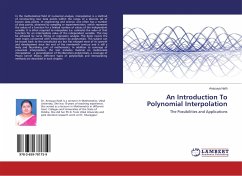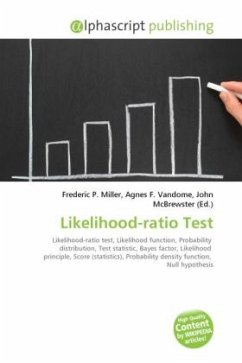
Round-off Error
Versandkostenfrei!
Versandfertig in 6-10 Tagen
23,99 €
inkl. MwSt.

PAYBACK Punkte
12 °P sammeln!
Please note that the content of this book primarily consists of articles available from Wikipedia or other free sources online. A round-off error, also called rounding error, is the difference between the calculated approximation of a number and its exact mathematical value. Numerical analysis specifically tries to estimate this error when using approximation equations and/or algorithms, especially when using finite digits to represent real numbers (which in theory have infinite digits). This is a form of quantization error. When a sequence of calculations subject to rounding error are made, e...
Please note that the content of this book primarily consists of articles available from Wikipedia or other free sources online. A round-off error, also called rounding error, is the difference between the calculated approximation of a number and its exact mathematical value. Numerical analysis specifically tries to estimate this error when using approximation equations and/or algorithms, especially when using finite digits to represent real numbers (which in theory have infinite digits). This is a form of quantization error. When a sequence of calculations subject to rounding error are made, errors may accumulate in certain cases known as ill-conditioned, sometimes to such an extent as to dominate the calculation and make the result meaningless. Increasing the number of digits allowed in a representation reduces the magnitude of possible roundoff errors, but any representation limited to finitely many digits will still cause some degree of roundoff error for uncountably many realnumbers. This kind of error is unavoidable for conventional representations of numbers, but can be reduced by the use of guard digits.



